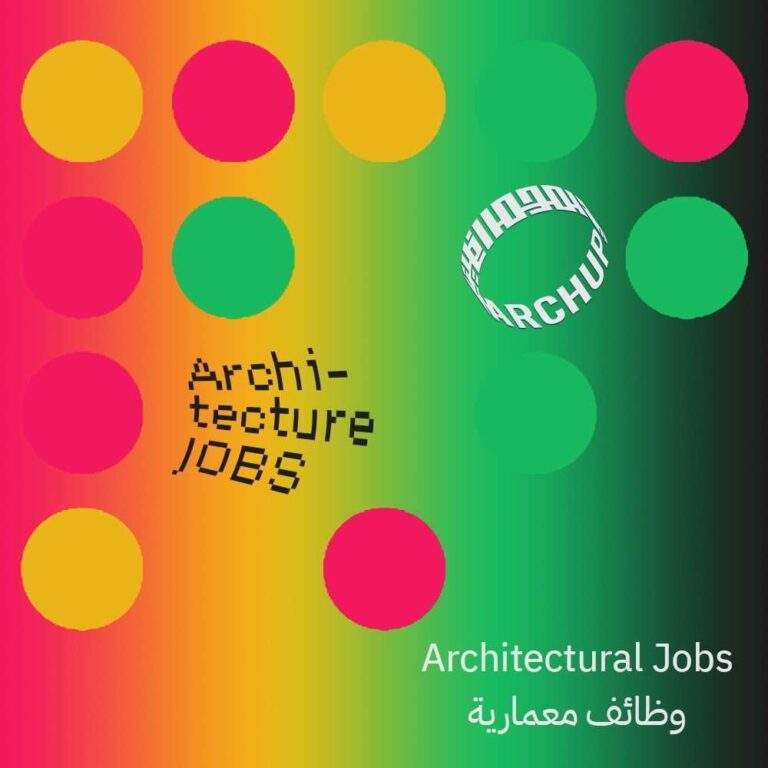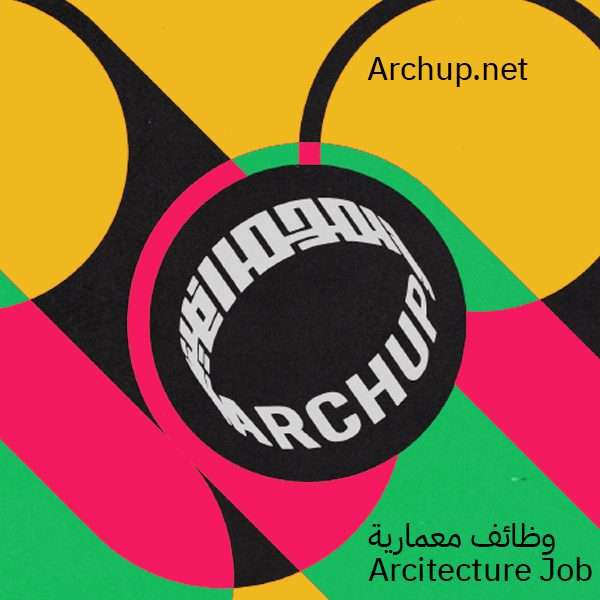Updates on engineering and architecture jobs available around the world
The Danish School of Education (DPU), Faculty of Arts, Aarhus University invites applications for a postdoctoral position related to the research project “Automated Expertise? Artificial intelligence and algorithmic systems as inter-professional work practices”, funded by the Independent Research Fund (Sapere Aude).
The postdoc position is full time (37 hours/week). The position is expected to begin on 1 February 2024, or as soon as possible thereafter, and ends 24 months thereafter. The position is located at DPU within the Department of Educational Anthropology (Campus Aarhus) and pertains to the research programme Future Technology, Culture and Learning.
The Danish School of Education is committed to diversity and encourages all qualified applicants to apply regardless of their personal background.
Research context
The research project “Automated Expertise? Artificial intelligence and algorithmic systems as inter-professional work practices” focuses on AI applications in complex organisational settings to support expert assessment, prioritisation and decision-making in interactions between public service professionals and citizens. Based on practice-oriented ethnographic investigations of real-world AI applications, the project will generate fundamental knowledge about transformations of professional expertise and generate a new theoretical framework for understanding and improving the kinds of professional expertise required for inter-professional collaboration to develop AI systems for public services. The project systematically compares three case studies of public services employing AI systems in health, education and urban planning. Each case study addresses the following research questions: 1) How do practitioners from different professional groups (AI providers and domain-specific practitioners) work together to develop AI systems for specific local tasks? 2) What notions of professional expertise, values and norms are articulated and enacted by the different groups, and how are these notions negotiated and transformed during inter-professional collaboration? 3) What new forms of inter-professional collaboration and notions of professional expertise emerge during such processes?
The position
The successful applicant will work on a case study of AI and algorithmic systems in urban planning and public infrastructure, e.g. in smart city or smart water projects using AI, in close collaboration with the project team at DPU consisting of Associate Professor Maja Hojer Bruun (project leader) and a PhD student. The case study involves five months of ethnographic fieldwork in a selected field site. The fieldwork consists of daily participant observation, drawing up field notes and maps and interviewing approx. 20 AI providers, urban planners, biologists, politicians, citizens and other stakeholders, focusing on knowledge, expertise, professionalism, values and norms. The case study feeds into a cross-case comparison that the postdoc will engage in together with the project manager and the PhD student.
In addition to conducting and completing the ethnographic case study and cross-case analysis, the postdoc is expected to:
- Be an active collaborative partner in the research project and the research programme Future Technology, Culture and Learning
- Publish independently and in collaboration with the project group in relevant peer-reviewed journals
- Initiate and organise activities with the project group and research programme
- Initiate, co-organise and participate in conferences, seminars and webinars, as well as other relevant activities
- Collaborate with the project’s international advisory board
- Organise and carry out a one-month research visit at a relevant research institution outside Denmark
- Contribute to the popular dissemination of research findings
- Carry out a small number of teaching-related tasks.
Applicants are encouraged to contact project leader Maja Hojer Bruun at mhbruun@edu.au.dk or on +45 21 24 27 30 for further information about the project.
Qualifications
Applicants must have a PhD degree or equivalent qualifications in anthropology, sociology, science and technology studies, education studies or a related discipline within the humanities or social sciences.
Applicants must be able to document:
- solid experience in planning and carrying out ethnographic fieldwork and data analysis
- a relevant, international, high-quality research profile, including experience of international publication and research dissemination.
As part of the application, applicants are asked to describe how their previous research experiences are of relevance for the position (1 page).
Furthermore, the application must include a project description (3-5 pages), detailing the ethnographic case study, research questions, its conceptual and methodological foundation and how it feeds into the cross-case analysis. The project description must include a timetable, and it must be possible to complete the project during the period of employment.
It is an advantage if applicants can document theoretical and conceptual familiarity with the anthropology or sociology of knowledge and expertise, workplace learning, science and technology studies, critical algorithm studies, research in public-sector institutions, digitalisation, datafication and/or artificial intelligence.
The application must include the formal statement on your PhD project if you have completed your PhD degree.
Applicants must master spoken and written English at an advanced academic level. Experience of publishing in English will be an asset.
The application must be submitted in English.
Please note that applications that do not include uploaded publications (maximum five) as well as the formal statement on the candidate’s PhD project will not be considered.
Work environment
Active participation in the daily life of the department is a high priority, and we emphasise the importance of good working relationships, both among colleagues and with our students. In order to maintain and develop the department’s excellent teaching and research environment, the successful applicant is expected to be present at the department on a daily, or at least weekly, basis.
We respect the balance between work and private life and strive to create a work environment in which that balance can be maintained. For further information, visit https://international.au.dk/life/lifeindenmark/familyworklife/.
International applicants
For further information about the benefits of working at Aarhus University and in Denmark, including healthcare, paid holidays and, if relevant, maternity/paternity leave, childcare and schooling, international applicants are encouraged to visit https://international.au.dk/research/researcher-positions/workingconditions/. Aarhus University offers a broad variety of services for international researchers and accompanying families, including a relocation service and career counselling for expat partners. For information about taxation, check the taxation aspects of international researchers’ employment by AU.
The Danish School of Education
The Danish School of Education at Aarhus University is Denmark’s largest centre for research and teaching in the fields of education, didactics and learning, with approximately 240 full-time researchers, including 80 PhD students, and 4,500 Bachelor’s and Master’s degree students. The school’s activities are characterised by a high degree of interdisciplinarity and close interaction with society, including businesses, organisations, government agencies and institutions, both in Denmark and abroad.
For more information on the school’s research and educational profile, please visit: http://edu.au.dk/en/
Qualification requirements
Applicants should hold a PhD or equivalent academic qualifications.
Formalities
Faculty of Arts refers to the Ministerial Order on the Appointment of Academic Staff at Danish Universities (the Appointment Order).
Aarhus University also offers a Junior Researcher Development Programme targeted at career development for postdocs at AU. You can read more about it here: https://talent.au.dk/junior-researcher-development-programme/
If nothing else is noted, applications must be submitted in English. Application deadline is at 11.59 pm Danish time (same as Central European Time) on the deadline day.
Aarhus University’s ambition is to be an attractive and inspiring workplace for all and to foster a culture in which each individual has opportunities to thrive, achieve and develop. We view equality and diversity as assets, and we welcome all applicants.
Shortlists may be prepared with the candidates that have been selected for a detailed academic assessment. A committee set up by the head of school is responsible for selecting the most qualified candidates. See this link for further information about shortlisting at the Faculty of Arts: shortlisting
Faculty of Arts
The Faculty of Arts is one of five main academic areas at Aarhus University.
The faculty contributes to Aarhus University’s research, talent development, knowledge exchange and degree programmes.
With its 550 academic staff members, 240 PhD students, 9,500 BA and MA students, and 1,500 students following continuing/further education programmes, the faculty constitutes a strong and diverse research and teaching environment.
The Faculty of Arts consists of the School of Communication and Culture, the School of Culture and Society and the Danish School of Education. Each of these units has strong academic environments and forms the basis for interdisciplinary research and education.
The faculty’s academic environments and degree programmes engage in international collaboration and share the common goal of contributing to the development of knowledge, welfare and culture in interaction with society.
Read more at arts.au.dk/en
The application must be submitted via Aarhus University’s recruitment system, which can be accessed under the job advertisement on Aarhus University’s website.
Aarhus University
Aarhus University is an academically diverse and research-intensive university with a strong commitment to high-quality research and education and the development of society nationally and globally. The university offers an inspiring research and teaching environment to its 38,000 students (FTEs) and 8,300 employees, and has an annual revenues of EUR 935 million. Learn more at www.international.au.dk/







